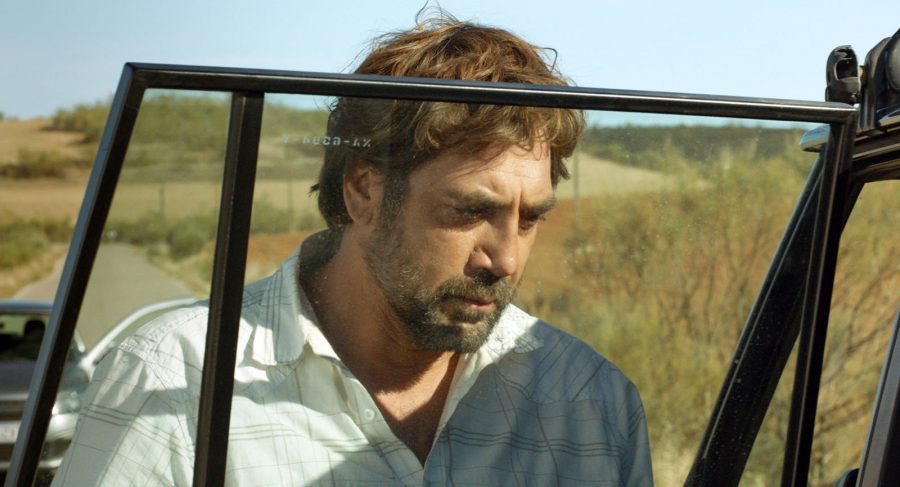
Sometimes a film – in this case, a drama – can contain so much tension and suspense that we are white knuckling it throughout its runtime. These films don’t cross over into another genre but strictly focus on the people at hand – that’s the main interest, not set pieces or crazy plot twists. Here are 10 films that are essentially dramas that unfold like thrillers.
1. Loveless (2017, Andrey Zvyagintsev)
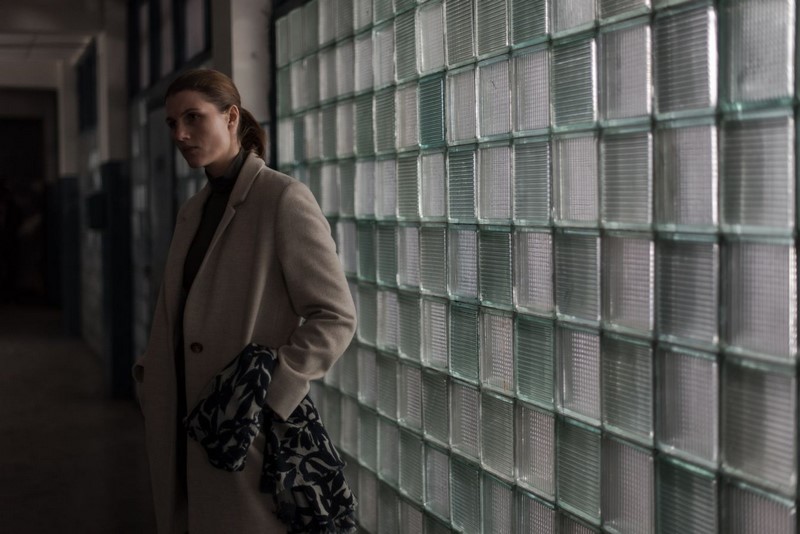
Coming off the brilliant “Leviathan,” Zvyagintsev focuses on Russian society and its incompetent police force after the disappearance of a young boy, but only after we’ve explored the crumbling marriage of his parents for nearly half of the film beforehand.
From the opening, the film is bleak, unapologetically somber, and showcases a grim future for all those involved. As the scenes unfold and we see the mother already in a serious relationship with another man, and the father already expecting a baby with his lover, are clearly neglectful of the child. A bristling tension keeps boiling throughout until the boy is completely out of the picture, unfolding a missing person’s case, but the film truly focuses on the relationship of disintegration, neglect, and lack of optimism.
Zvyagintsev certainly takes his digs at the Russian system but he really creates a crumbling marriage where you never know what to expect, from yelling matches in the car, hurtful insults, and ignoring one another. It’s a film that leaves you unsettled and bleak, long after these people continue to live their new lives apart.
2. The Official Story (1985, Luis Puenzo)
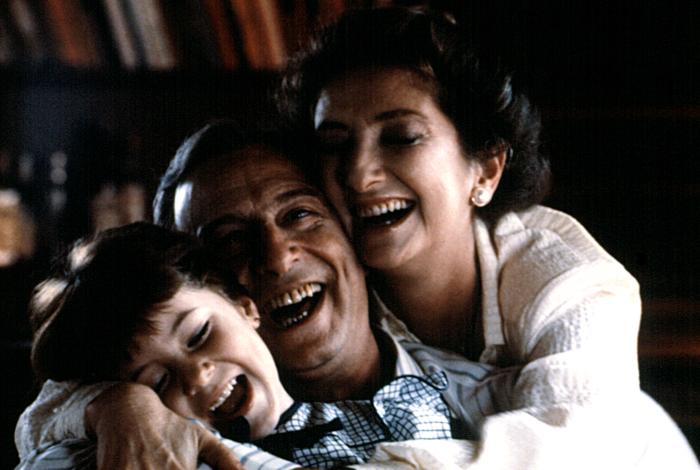
What starts as a family celebrating a girl’s birthday party, teaching history to students, and regular day-to-day life slowly starts to unveil something more sinister behind it all. Steeped in a cloud of political oppression and the last year of Argentina’s military dictatorship, all of the citizens are always on high alert. But when Norma Aleandro’s Alicia begins to ask questions toward her ignoring husband and around her friends, she digs deeper into unwanted territory.
Puenzo tells the story of Alicia slowly discovering that her daughter may or may not be one of the forced disappearances of children from their murdered parents. This self-awakening, filled with terror and bristled with tension on whether to ask or not ask those questions, keeps the audience’s curiosity and morality throughout leading to a shockingly truthful, violent, and unanswered climax.
3. A Separation (2011, Asghar Farhadi)
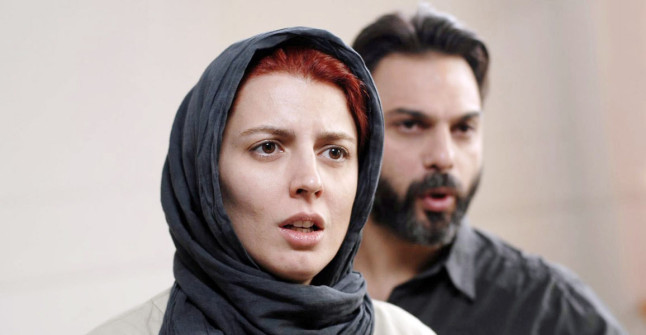
Beginning with an uninterrupted take of Leila Hatami’s Simin and Peyman Moaadi’s Nader discussing their divorce, their child, their father with Alzheimer’s, and leaving Iran drops us right in the middle of an intense argument that never seems to let up. Farhadi allows us into the anxious and stress-filled life of these people where it feels like it might explode at any given moment – and it certainly does.
Ranging from social and religious norms, morality on theft and lying, to even a possible murder, the film contains enough twists and turns that unfold naturally given its circumstance, that it keeps our tension high during the film and long after the credits.
Considered one of the best films of the decade and even the century, it’s not a surprise because it keeps the audience involved, provoked, thinking, and discussing all the themes and elements of the film anytime its title is mentioned.
4. In Love We Trust (2008, Wang Xiaoshuai)
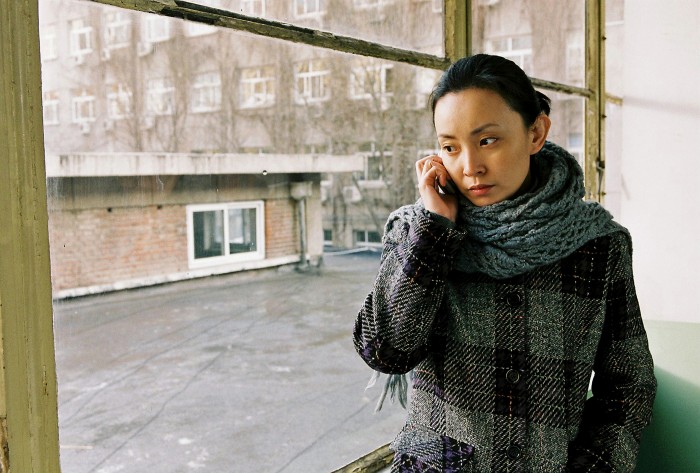
A film filled with cultural and domestic turmoil revolving around a divorced couple in modern-day China discovering that their child dying of leukemia can be saved from the stem cells of an umbilical cord of a sibling. This creates unease and problems as the mother and father have already remarried.
The film shows the strains of revisiting the past to solve a problem in the present for a better future. Wang’s script is layered, deep, and filled with contemplation that continually allows the audience to think, “What will they do?” To a more involved, “What would I do?”
By being detailed and specific in time and place, it allows for a greater humanity and wider questions to be discussed. Leisurely paced and slowly evolving, it’s slowly opening the door to deeper wounds and questions, making this drama a quiet, tense thriller between people thinking about what to do next.
5. Graduation (2016, Cristian Mungiu)

Telling a down, realistic, and truthful tale in Romania about the lengths and odds a father will go to help his daughter go to school in England after being sexually assaulted unfolds like a decision into hell for Adrian Titeni’s Romeo.
Whether Mungiu is shedding light on how Romania’s society works to corrupt officials, cops, and teachers, or about a father living through his daughter, the questions of morality, legality, and sacrifice are always at hand. As the story unfolds revealing affairs, lies, and corruption, it’s never black and white but extremely grey and it makes us ask ourselves, “Would we do the same thing?”
It’s a deeply layered, intelligent narrative that never sways away from those difficult questions and answers; Mungiu constantly challenges us to see from the character’s points of view and not to judge but make our own decisions. And out of this, a great drama is born that unfolds like any Hitchcockian thriller you can think of.